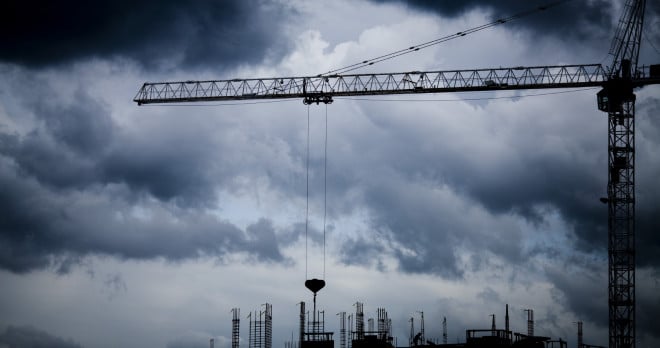Tips for construction sub-contractors affected by the compulsory liquidation of Carillion

In the meantime, no doubt in an effort to prevent catastrophic collapse of important public services, they advise that Carillion's suppliers and sub-contractors should continue to work "as normal" and will get paid for the goods and services they supply. However, the website qualifies this assurance regarding payment by saying it only applies to goods and services supplied "from the date of the Official Receiver's appointment onwards". The Government has also clarified that this only applies to goods and services supplied for public sector contracts.
This will be of very little (if any) comfort to those suppliers and contractors who are already owed significant amounts of money for goods and services supplied prior to the liquidation and to those working with Carillion on private sector projects. According to the BBC, Carillion's debts to its sub-contractors and suppliers are likely to be huge, around £900 million, with hundreds of suppliers and contractors affected for whom Carillion was their sole or principle source of revenue.
Furthermore, those involved in public sector projects where Carillion was the main contractor but who are further down the supply chain will not be able to rely upon PwC's statement to secure payment, even for those goods and services supplied after the date of the Official Receiver's appointment.
If you are one of those sub-contractors further down the supply chain then, before you do anything, it is essential that you:
1. establish how much money you are owed for works and goods already supplied and whether the party to whom you supplied will be capable of discharging their existing liabilities to you – can they offer any security?
2. contact the party to whom you supply goods and services up the chain to see whether their contract is likely to be or has been terminated
3. familiarise yourself with the terms of your own contract with them and, in particular check:
- the provisions which apply where one of the parties becomes insolvent –does your sub-contract contain a provision for suspension of your obligation to carry out works or automatic termination?
- Is there a retention of title clause for goods and materials you have supplied but have not yet fitted and been paid for
- Are there any provisions which stipulate that you continue to own any designs or copyright unless paid for in full.
If there are provisions of the type described in bullet points 1 and 2 above, then you may be able to utilise these as leverage to ensure you get paid for the work and materials supplied to date. Note that you may need to take steps to protect any unfixed materials to ensure they are not used by a third party pending your negotiations with the party with whom you are in contract.
It is also important that you check the terms of your contracts with your sub-sub-contractors to see if the obligation to pay sums to them is made contingent upon receiving payment from the party you are supplying goods and services to. Normally such clauses are ineffective unless the party from whom you receive payment is insolvent.